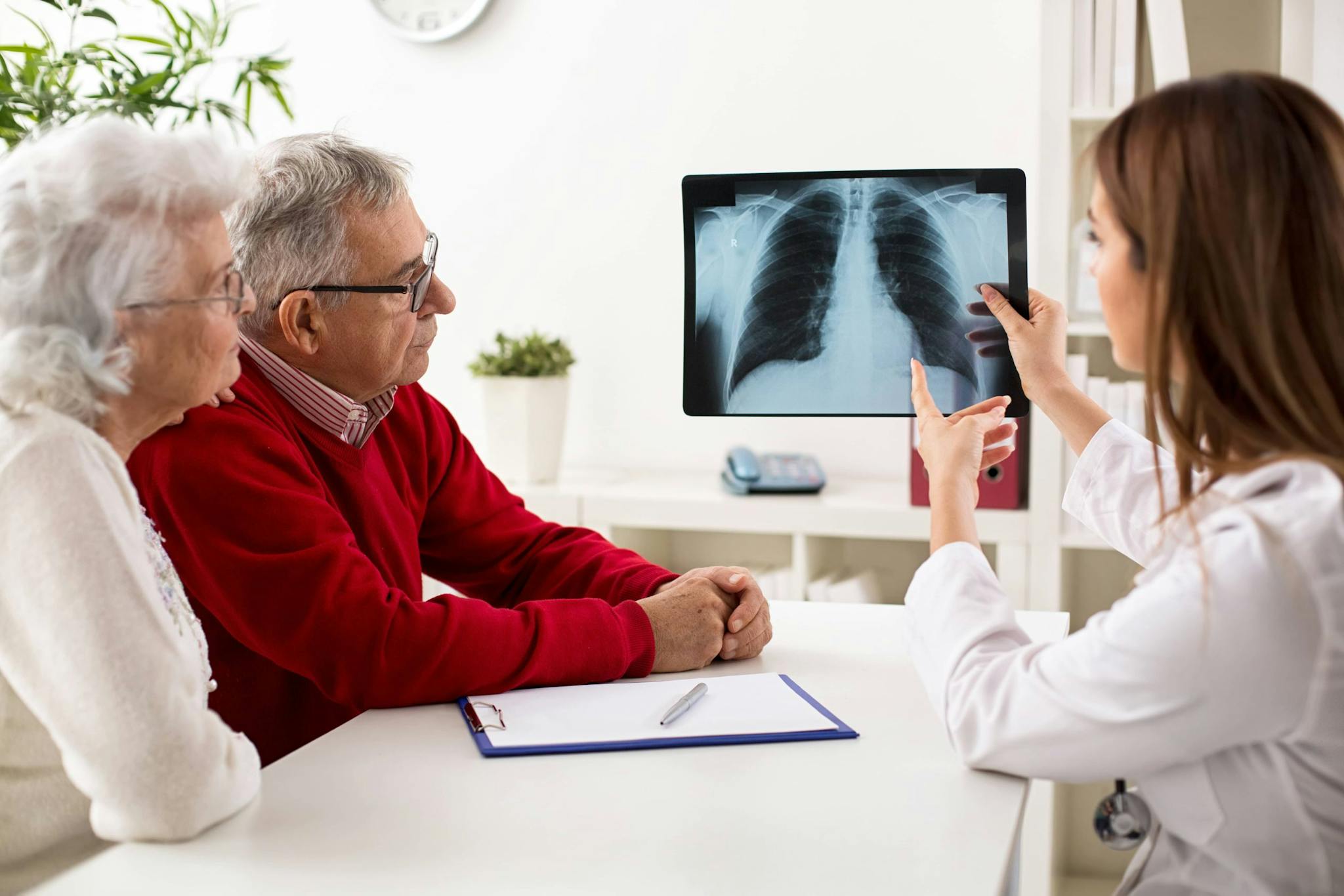
2025-03-10T14:24:39
What is Walking Pneumonia and Why are Cases Rising?
- Family Medicine
- Pulmonology
November 15, 2017 | Pulmonology
Specialties:Pulmonology (Respiratory Care)

Pneumonia is an infection that inflames the air sacs in one or both of the lungs, and its symptoms can range from mild to life-threatening. This condition causes air sacs to fill with fluid or pus, causing a cough with phlegm or pus, a fever, chills and difficulty breathing. It can be caused by a variety of factors and is of particular risk for infants, young children and people over 65.
Several different germs can cause pneumonia—bacteria and viruses in the air are the most common. In most cases, the body prevents these germs from infecting the lungs. But in others, the germs can overpower the immune system. To help describe what type of pneumonia you have, pneumonia is categorized based on the germs that caused it and where you got it from.
Community-acquired pneumonia is the most common type, occurring outside hospitals or other health facilities. It can be caused by:
Other types of pneumonia include:
Anyone can develop pneumonia, but two groups are at the highest risk: children aged 2 years or younger and anyone over the age of 65. Other risk factors include:
Symptoms of pneumonia vary depending on the germ that caused them, your age and your overall health. Mild symptoms are similar to a cold or flu, but they last longer. Other signs may include:
In some cases for newborns and infants, no signs are present. In others, they may vomit, have a fever or a cough, appear restless or tired, or have trouble breathing and eating.
If you have trouble breathing, chest pain, a fever over 102 degrees Fahrenheit, a persistent cough or coughing with pus, see your doctor. It’s especially important for high-risk groups to see a doctor if experiencing any symptoms—people over 65 or infants under 2, people with underlying health conditions or a weakened immune system, and people receiving chemotherapy or taking medication to suppress the immune system.
Complications of pneumonia, even with treatment, can include:
Diagnosis and treatment of pneumonia depends on several factors, including age and the cause of the infection. There are also some steps you can take to help prevent pneumonia:
If you or your child develops pneumonia, your doctor can offer treatment and tactics for future prevention.
“Pneumonia.” The Mayo Clinic. http://www.mayoclinic.org/diseases-conditions/pneumonia/symptoms-causes/syc-20354204
“Pneumonia – Topic Overview.” WebMD. https://www.webmd.com/lung/tc/pneumonia-topic-overview#1
WRITTEN BY:
The Live Better Team

2025-03-10T14:24:39

2024-11-06T09:40:56

2024-02-02T13:24:38

2021-11-29T16:31:04
This information is not intended to replace the advice of a medical professional. You should always consult your doctor before making decisions about your health.